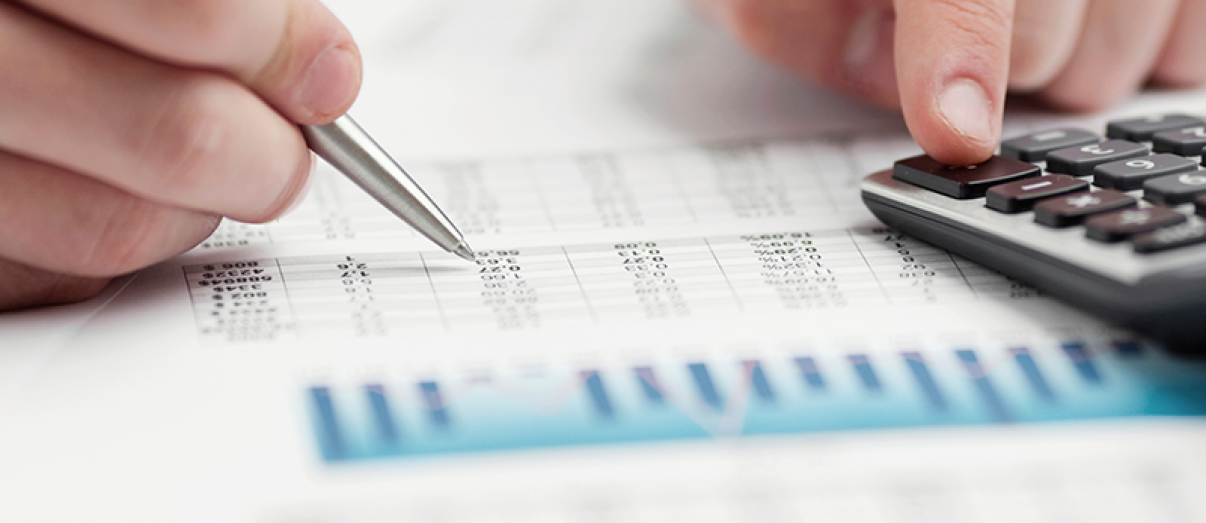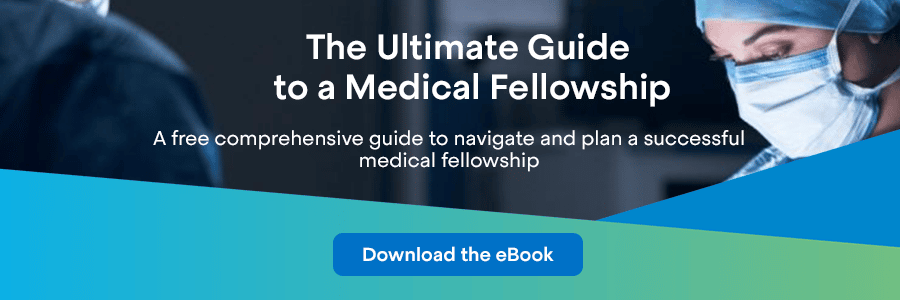By using a tax preparation checklist, getting on the front foot and collating the right information now, you can make the tax submission process much easier for both your tax agent and yourself meaning your refund will be in your pocket sooner.
There are 15 things on your tax preparation checklist:
Check your pay by logging into your myGov account
Your employer should be reporting via Single Touch Payroll by now, so you may like to compare the information between myGov and your payslip to see if there are any discrepancies. If you are confused in any way, you can ask your Tax Agent any questions you might have. The other income item you may see in your ATO reports post-COVID is JobKeeper or Seeker and other Government payments such as the Business Cost Assistance Program.
Ensure you have provided your Tax File Number to your bank for any savings accounts
This way, your tax agent will be able to see what your interest income is without you needing to chase up statements or calculate the monthly receipts. If your bank did not have your TFN for the whole financial year, you will need to calculate the amounts received or wait for the June statement which usually has an annual total.
Collate dividend/distribution statements for your investments
Note that most investment funds finalise the annual distribution at 30 June so you may not have access to this information for some time. You will also have to wait for the annual tax statement for a platform or “wrap” investment.
Collate any investment purchase and sale documentation
This will enable your tax agent to accurately calculate any Capital Gains Tax (CGT) payable on investment disposals.
Ensure you have payslips for your tax agent to calculate the AUD equivalent and any foreign tax credit if you spent time working overseas on fellowship
This will be reportable in your Australian Tax Return where you maintained your Australian tax residency status whilst working overseas.
Gather your RCTIs or invoices if you completed any locum work
You should have received Recipient Created Tax Invoices (RCTIs) or even provided your own invoices to an agency or private hospital during your time locuming. You will need to provide this information to your tax agent.
Prepare any information related to GST
Some people will have reported GST via Business Activity Statements (BAS) and your tax agent will need the information you used to lodge these whether that be a software file (QIF) or simple spreadsheet.
Advise your tax agent of the total income received and all expenses paid during the year if you own a rental property
If managed by an estate agent, they will provide you with an annual statement but you will not receive this until after 1 July. To expedite the process, you can collate expenses now that were not paid by the agent out of rental income.
Take into consideration possible depreciation deductions
If the property you own isn’t too old or has been recently renovated, you will also have depreciation deductions to claim. You may need to get a quantity surveyor to create a report for you which you can provide to your tax agent.
Calculate how many trips you would have completed for work purposes that were not simply from home to work and back
This is deemed to be private and non-deductible travel. There is an exception where you are on call and start working/giving advice before driving to the hospital. See our article on claiming the right car deductions including the maintenance of a logbook.
Look back and search for any other trip that is considered deductible
All travel related to courses/conferences is deductible as long as the education itself is deductible. This means you may need to go through your Uber or other ride sharing apps to find trips to the courses (or the airport where you have travelled interstate or overseas). The obvious travel deductions are your accommodation and airfare costs and you should have confirmation of these in your inbox for you to provide to your tax agent. The kilometres you drive and parking costs are also deductible so don’t leave these out.
Don’t forget other working expenses such as phone or internet bills
Most people pay a fixed monthly amount for their phone and internet throughout the year. Where this has changed during the year, you should find all invoices or calculate the total spend for your tax agent.
Remember that some insurances are tax deductible and dig out donation receipts
There are any number of deductions which you can collate for your tax meeting too, see our previous article on this topic. Some of these you may not have access to until after 30 June such as the deductible portion of your income protection insurance premium for example. Others you may have received emails for, such as donations.
Check super contributions received by your super fund
You may be able to top-up contributions before 30 June and claim a tax deduction. Note that there is a limit and the funds are stuck inside super until you retire except where you can draw them back out under the First Home Super Saver Scheme or under the COVID-19 hardship measures. You will need to advise your super fund that you want to claim a tax deduction using this form but should seek advice before making any contributions.
Identify salary packaged expenses and avoid doubling up
Lastly, you should check which expenses you may have salary packaged (e.g. by paying for them on a credit card for which the statement was later submitted to your administrator) to ensure these are not also claimed as a tax deduction as that is not allowed.
Something else to keep in mind:
There have also been some changes to deductions post COVID-19 (March 2020). For example there are now two hourly rates for home office deductions. You will need to provide your tax agent with a logbook of your hours worked from home as well as your office equipment expenses so they can calculate the best tax outcome for you.
It is important to note that no source documents are actually required unless you are subject to an ATO audit. Your tax agent will be able to prepare your return based on a summary of your expenses in a Word or Excel document.
Should you have any queries, a DPM tax adviser would be happy to meet and discuss the details of your next tax return with you. You can book a free no-obligation initial consultation here.
Disclaimer: * The information contained in this site is general and is not intended to serve as advice. DPM Financial Services Group recommends you obtain advice concerning specific matters before making a decision.






